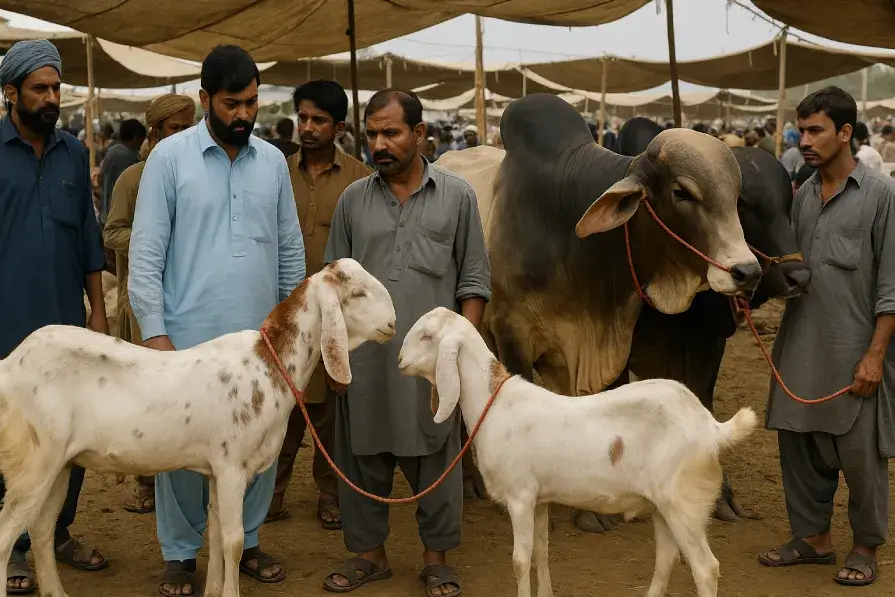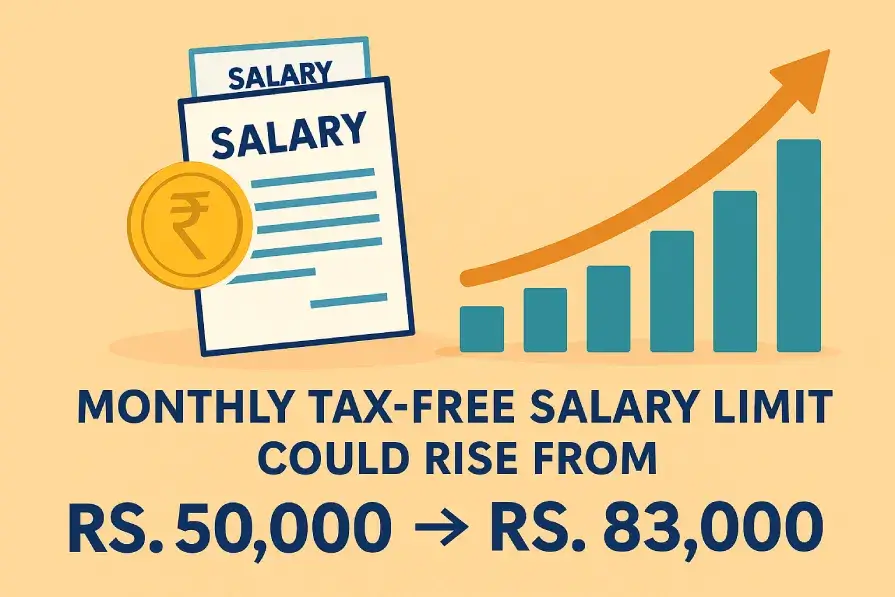Brewing Change in a Tea-Loving Nation

Many Pakistani students, professionals, and urbanites are turning to coffee to wake up, focus, and mix socially, just like people in other countries now do. Now, people in major cities drink coffee for energy and company because of its tremendous popularity. You can see the same trend around the world: instead of just drinking coffee, people see it as part of their daily lives. Even so, strict rules and policies from the past are keeping the industry from growing faster..
A Market Thirsting for Growth
Many people in Pakistan are now drinking more coffee. A large part of the population – most of them young – are migrating from drinking only tea to trying out lattes, cold brews, and instant coffee. As a result of this change, there is a major opening for the food and beverage industry.
A lack of local coffee manufacturing prevents the country from fully meeting the increasing demand for coffee. Imported coffee products are often more expensive because import fees are so high. Therefore, a big group of people still can’t access the coffee market, and the industry hasn’t developed.
The Policy Problem: Unfair Tariff Structure
A major challenge facing the coffee industry in Pakistan today is due to SRO 840(I). finished coffee products and bulk instant coffee are now subject to import tariffs of 42% to 53% and 28% respectively. This is in sharp contrast to tea imports, which go untaxed despite the fact that both teas and coffees are sold in the same places in cities.
This disparity reflects outdated assumptions. Coffee has not received the same fiscal backing as tea has over the years, which still considers it a luxury trade. Bulk instant coffee is not meant for the rich as much as it is for daily life. For many people, including students and workers, instant coffee is a staple, yet the present rules keep its cost very high.
Coffee vs. Tea: An Uneven Playing Field
People in Pakistan have loved tea for many years. Government support for years has helped tea packaging and blending to flourish in Pakistan. High tariffs and the absence of coffee production at home are making coffee a difficult drink for Pakistanis.
Since the government has treated coffee as something only the elite can afford, it is missing out on real market opportunities. Many young people in the cities like coffee for its global image, usefulness, and health benefits. A change in duties for coffee would let it compete fairly and help encourage investment and entrepreneurship।.
Aligning with National Policy and Global Trends
The government’s National Tariff Policy (2019–24) and the IMF recommend a sound strategy for tariffs. Eliminating Regulatory Duty (RD) and Additional Customs Duty (ACD) on bulk instant coffee is fully in line with these policy objectives.
According to Precedence Research, the global coffee industry is on the rise. The coffee market worldwide is on the rise. In 2025, the industry should reach nearly $256 billion, growing to $381 billion by 2034. Because of climate disturbances in Brazil and Vietnam, global supply is changing, and new producers are able to make a difference.
A New Frontier: Coffee Cultivation in Pothohar
Pakistan has a chance to grow coffee locally but hasn’t explored it yet. Local climate in the Pothohar area covers Rawalpindi and Islamabad and appears ideal for coffee cultivation.
Both international and local parties are starting to take a look at the potential for growing coffee in Pakistan. Setting up local coffee farms can help Pakistan use fewer imported products, set consistent prices, and hire people along the entire coffee supply process.
Economic Impact: Jobs, Investment, and Inclusivity
Reducing taxes and encouraging local production would make multinational and local companies interested in Pakistan. A thriving coffee industry would make the drink more available by helping to keep its price low, unlike today’s smuggled options that are sold everywhere and a few fine places.
In addition, the benefits would not finish with the beverage. In addition, a thriving coffee market would boost growth in several important industries, and it would limit taxes for coffee. This would also decrease the hold smuggled coffee has, since it dodges taxes and can be low in quality.
Smuggling and Informal Trade: A Missed Opportunity
Far too much coffee is smuggled into Pakistan, getting past rules like SRO 237. Also, because many coffees are smuggled, authorities lose money and people risk their health due to poor control of the coffee.
The introduction of a regulated supply chain will help local brands and protect consumers from unhealthy products. It is most important that a regulated supply chain helps local brands succeed in a market that foreign and unofficial traders have taken over.
The Way Forward: Policy Reform for Inclusive Growth
- Making a sustainable coffee industry in Pakistan depends on these policy actions:
- • Remove Regulatory and Additional Customs Duties on bulk instant coffee imported to Pakistan.
- • In certain suitable regions like Pothohar, back local people in coffee farming.
- • Support new and small businesses involved in coffee packaging, advertising, and business.
- • Encourage high quality by dealing with smuggling and regulating the industry.
- Encourage information about coffee being a possible and profitable career for local people.
Conclusion: Wake Up and Smell the Opportunity
Pakistan is at a crossroads. Pakistan has the chance to either keep taxing coffee and holding back its development or encourage it to become a strong source for the economy and many jobs. A government that modifies outdated policies can make coffee into an important asset for the nation, rather than a mere fashion.
Pakistan’s coffee industry is full of promise. What Pakistan’s coffee industry needs is a government action to stir it up and make it flourish.









